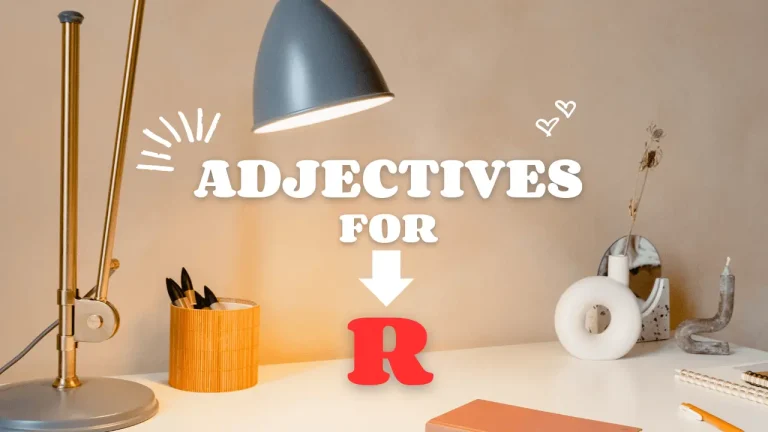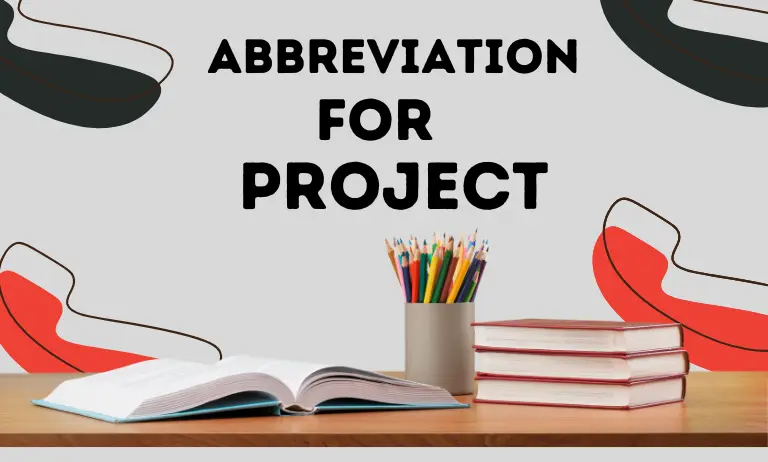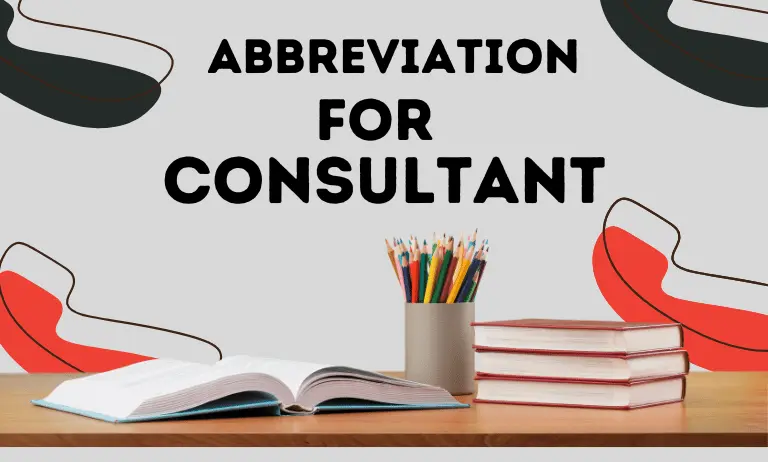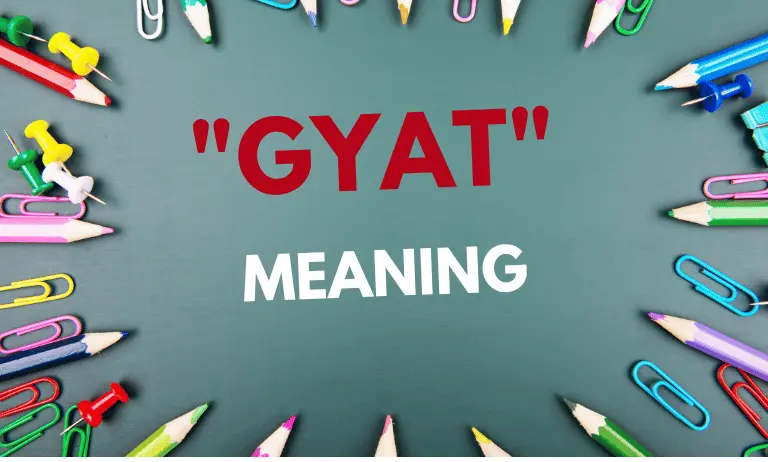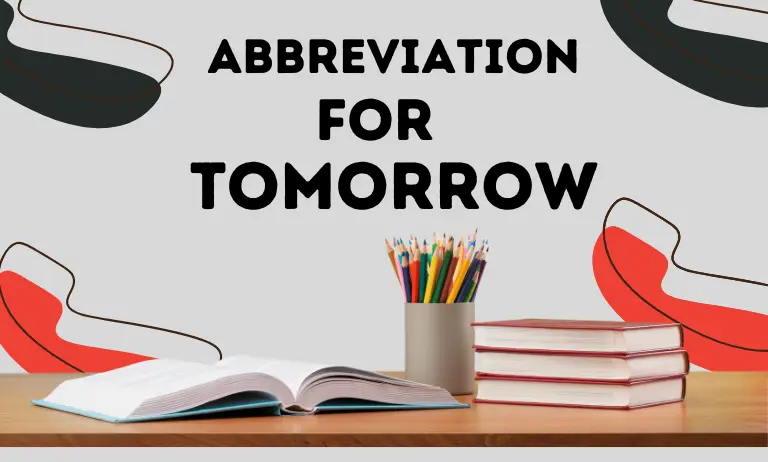How Use Rule of Conjunction in English Rules
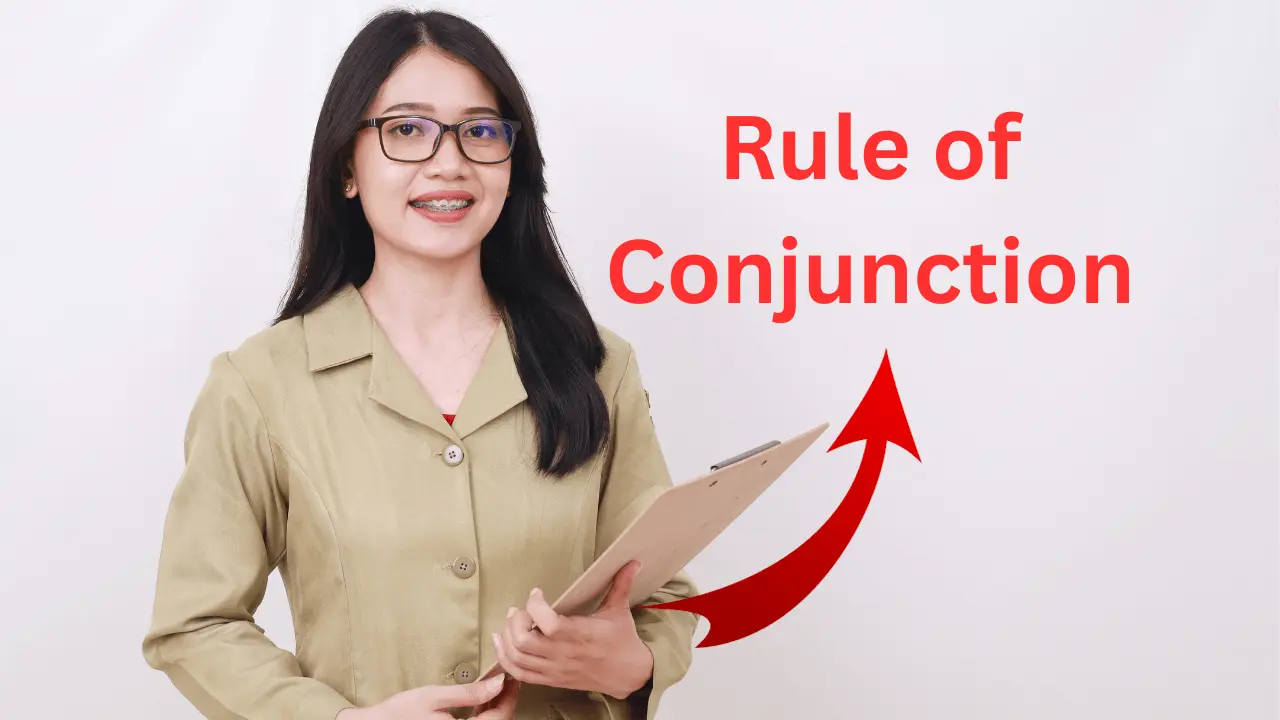
Best Words and Rule of Conjunction
A conjunction is a word which merely joins 2 sentences or 2 words.
I.e: That, when, but, and etc are some conjunctions.
Note: There’re some words other than conjunctions that join sentences. Such words should be distinguished from conjunctions.
Furthermore, the rule of conjunction plays an important role in the English Language, because these tell us how to build connections between 2 statements or sentences. Bassically, have a look at the following sentences to understand how conjunctions can be employed in sentences.
Conjunction used in sentences:
Rule of Conjunction by Types
There’re 2 main types of rule of conjunction.
1. Coordinating conjunctions
Those conjunctions which are used to combine 2 independent clauses are called coordinating conjunctions.
I.e. And, neither, nor, but, still, etc are some coordinating conjunctions.
Coordinating Conjunction used in sentences:
These’re sub-divided into 4 kinds.
Those conjunctions which are used to add 1 statement to another.
I.e. As well as, not only, but also, etc are some cumulative or copulative conjunctions.
Cumulative Conjunction used in sentences:
Those conjunctions which express contrast or opposition between 2 sentences are called adversative conjunctions.
I.e. But, still, yet, nevertheless, only, etc are few adversative conjunctions.
Adversative Conjunction used in sentences:
These express an alternative or choice between 2 statements.
I.e. Either, or, neither, nor, else, otherwise, etc are some alternative or disjunction conjunctions.
Alternative Conjunction used in sentences:
2. Subordinating Conjunction
A subordinating conjunction joins a clause to another on which it depends for its full meaning.
I.e. Till, than, lest, where, that, etc are few subordinating conjunctions.
Subordinating Conjunction used in sentences:
FAQs
Conclusion
I hope that you understand the rule of conjunction clearly now, because we tried our best to understand you in an easy way. After this, if you face any arduous in understanding, you can share with us by comments below. We’ll try our best to solve your problem on time. Also, thanks for reading.

